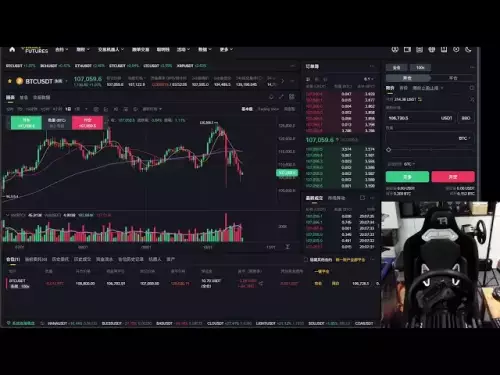-
 bitcoin
bitcoin $106975.071866 USD
-0.29% -
 ethereum
ethereum $3871.670850 USD
-0.07% -
 tether
tether $1.000261 USD
-0.01% -
 bnb
bnb $1084.417621 USD
-0.50% -
 xrp
xrp $2.348167 USD
0.82% -
 solana
solana $185.621736 USD
0.45% -
 usd-coin
usd-coin $0.999833 USD
-0.04% -
 tron
tron $0.313423 USD
0.81% -
 dogecoin
dogecoin $0.188856 USD
0.54% -
 cardano
cardano $0.630416 USD
-0.49% -
 hyperliquid
hyperliquid $36.506353 USD
2.24% -
 ethena-usde
ethena-usde $0.999584 USD
-0.01% -
 chainlink
chainlink $16.750026 USD
-0.77% -
 stellar
stellar $0.313373 USD
0.37% -
 bitcoin-cash
bitcoin-cash $465.978560 USD
-1.57%
How to reduce trading fees on Binance?
Binance offers multiple ways to reduce trading fees, including using BNB for discounts, achieving VIP status through trading volume, and leveraging referral programs.
Jul 20, 2025 at 10:21 am
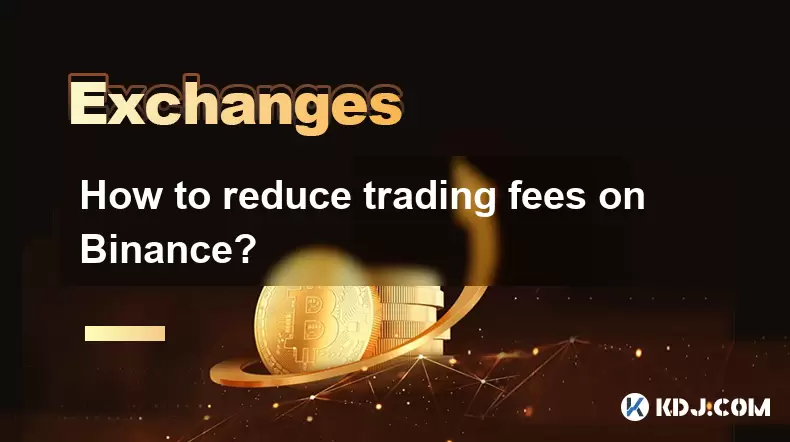
Understanding Binance Trading Fees
Binance, one of the largest cryptocurrency exchanges globally, applies a standard trading fee structure for users. The standard trading fee is 0.1% per trade, which applies to both makers and takers. However, users can reduce this fee significantly by leveraging several built-in features and tools. Understanding how fees are calculated and what tools are available is essential for traders aiming to minimize costs.
Binance uses a tiered fee structure based on trading volume and BNB (Binance Coin) holdings. The more a user trades or holds BNB, the lower their trading fees can become. This structure encourages loyalty and volume-based trading, which can directly impact the amount of fees a user pays over time.
Using BNB to Pay for Trading Fees
One of the most effective ways to reduce trading fees on Binance is to use BNB (Binance Coin) to pay for fees. When users select BNB as the fee payment method, they receive a discount on their trading fees. Initially, Binance offered a 50% discount for BNB users, though this percentage has decreased over time.
Currently, the discount fluctuates depending on Binance’s policies and BNB’s market value. Users must ensure that they have sufficient BNB in their wallet to cover fees. If the BNB balance is insufficient, Binance will automatically switch to paying fees in the traded asset or fiat currency.
To activate this feature:
- Go to your Account Settings
- Navigate to the Fee Settings section
- Enable BNB Fee Discount
This simple setting can result in significant savings, especially for high-volume traders.
Becoming a VIP on Binance
Binance offers a VIP program that grants users lower trading fees based on their 30-day trading volume and BNB holdings. As users increase their trading activity or hold more BNB, they move up the VIP tiers, which range from VIP 0 to VIP 9.
Each VIP level comes with progressively lower trading fees. For example, a VIP 0 user pays 0.1% trading fees, while a VIP 9 user pays as low as 0.02% for maker fees and 0.04% for taker fees.
To check your current VIP status:
- Go to the Fees & Limits section in your account
- Review your 30-day trading volume
- Check your BNB balance
Increasing your trading volume or holding more BNB will elevate your VIP level, directly reducing your trading costs.
Utilizing Referral Programs and Discounts
Binance provides a referral program that allows users to earn commissions on trades made by referred users. While this doesn’t directly reduce your own trading fees, the earned commissions can offset your trading costs.
Additionally, referral links can be used to invite others, and both the referrer and referee may receive fee discounts or other benefits depending on promotions.
To use the referral program:
- Generate your unique referral link from the referral section
- Share the link with potential users
- Track your referral earnings in your wallet
Some promotions may also offer fee discounts for new users, which can further reduce the cost of trading for both the referrer and the referee.
Trading on Binance Futures and Using Fee Discounts
For users who engage in futures trading, Binance Futures also offers fee discounts based on the same principles—trading volume and BNB holdings. However, futures trading fees are separate from spot trading fees, so users must meet the volume requirements specifically in the futures market to qualify for lower fees.
Additionally, users can reduce futures trading fees by using the BNB fee discount option, similar to spot trading.
To optimize futures trading costs:
- Ensure BNB is selected as the fee currency
- Monitor your 30-day futures trading volume
- Check your VIP futures status in the futures account section
Consistent trading in the futures market can lead to lower fees, especially when combined with BNB holdings.
Optimizing Wallet and Withdrawal Fees
While the focus is often on trading fees, withdrawal fees can also add up, especially for frequent traders. Binance charges network fees for cryptocurrency withdrawals, which vary depending on the blockchain congestion and asset type.
Users can reduce these fees by:
- Choosing withdrawal times when network fees are low
- Using BEP-20 or ERC-20 networks wisely to avoid high gas costs
- Batching multiple withdrawals into a single transaction when possible
Understanding network fees and optimizing withdrawal strategies can complement efforts to reduce trading fees and improve overall cost efficiency.
FAQs
Q: Can I change my fee payment method from fiat to BNB after a trade?A: No, you must set BNB as the fee payment method before executing a trade. Once a trade is executed, the fee is calculated based on your current setting at that time.
Q: Do referral discounts apply to all types of trades on Binance?A: Referral discounts typically apply to spot trading, and the commission earned is usually in the form of rebates or BNB. Futures or margin trading may have separate referral structures.
Q: Is there a minimum BNB balance required to qualify for the fee discount?A: There is no strict minimum, but you must have enough BNB to cover the fee for the trade. If your BNB balance is insufficient, Binance will charge the fee in the traded asset.
Q: How often does Binance update VIP tiers?A: VIP tiers are updated hourly, based on your rolling 30-day trading volume and BNB holdings. This means you can move up or down tiers depending on your recent activity.
Disclaimer:info@kdj.com
The information provided is not trading advice. kdj.com does not assume any responsibility for any investments made based on the information provided in this article. Cryptocurrencies are highly volatile and it is highly recommended that you invest with caution after thorough research!
If you believe that the content used on this website infringes your copyright, please contact us immediately (info@kdj.com) and we will delete it promptly.
- XRP Price, Ripple, and AlphaPepe: A Tale of Two Crypto Worlds
- 2025-10-19 08:25:15
- Bitcoin Fear Index, Crypto, and the Rebound: What's a New Yorker to Do?
- 2025-10-19 08:25:15
- FET Plunge, Rally, Forecasts: Decoding the AI Crypto's Next Move
- 2025-10-19 09:05:13
- Cardano Analyst's Key Move: $5 ADA by 2026?
- 2025-10-19 08:30:16
- Bitcoin, SUI, and Crypto Presales: Navigating the NYC Crypto Scene
- 2025-10-19 08:45:13
- Meme Coin Presales: Will the Next One Explode?
- 2025-10-19 08:30:16
Related knowledge
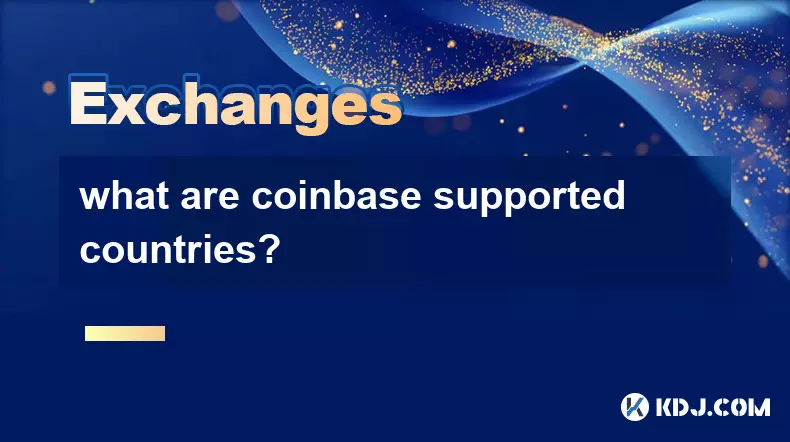
what are coinbase supported countries?
Oct 18,2025 at 12:01pm
Countries Where Coinbase Operates1. United States – Coinbase is headquartered in San Francisco, California, and provides full trading, staking, and cu...
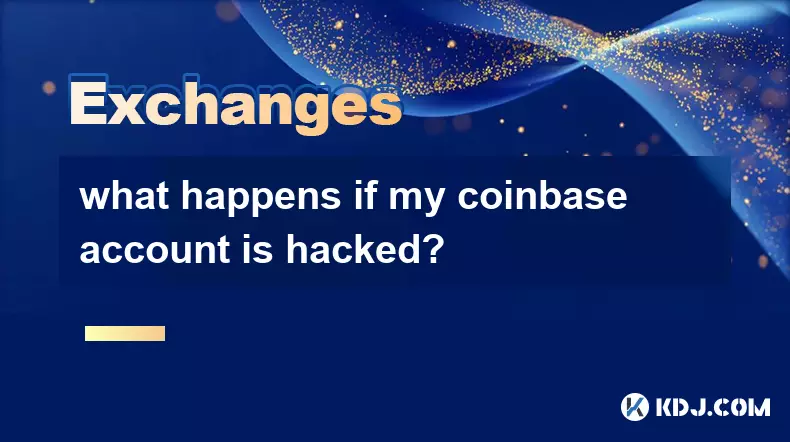
what happens if my coinbase account is hacked?
Oct 19,2025 at 06:19am
Immediate Steps to Take After a Coinbase Account Breach1. Immediately log into your Coinbase account from a secure device and change your password. Us...
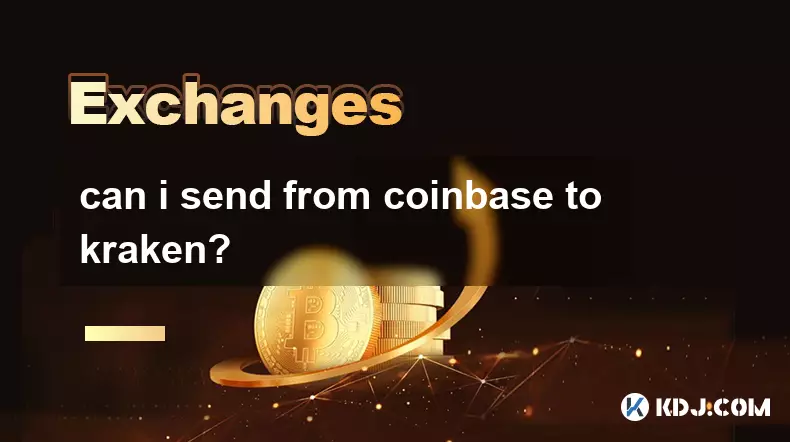
can i send from coinbase to kraken?
Oct 18,2025 at 03:37am
Transferring Funds from Coinbase to Kraken Sending cryptocurrency from Coinbase to Kraken is a common practice among traders seeking better liquidity,...
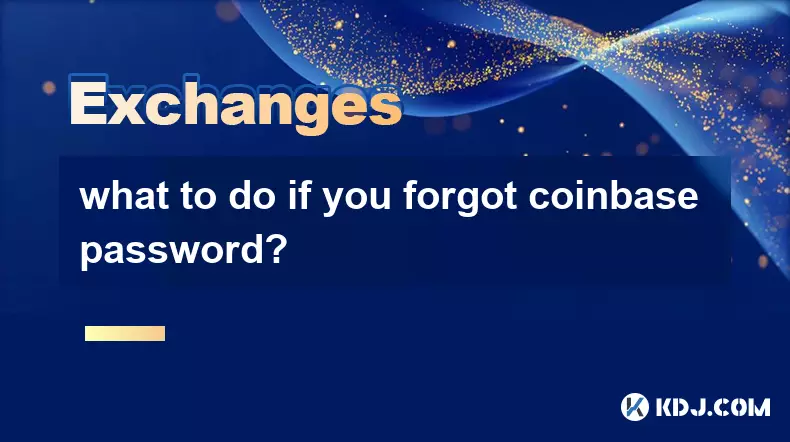
what to do if you forgot coinbase password?
Oct 18,2025 at 12:01am
Recovering Access to Your Coinbase Account1. Visit the official Coinbase login page and click on the “Forgot password?” link located beneath the passw...

how to add a payment method to coinbase?
Oct 19,2025 at 01:19am
How to Add a Payment Method to CoinbaseAdding a payment method to your Coinbase account is essential for buying cryptocurrencies, withdrawing funds, o...
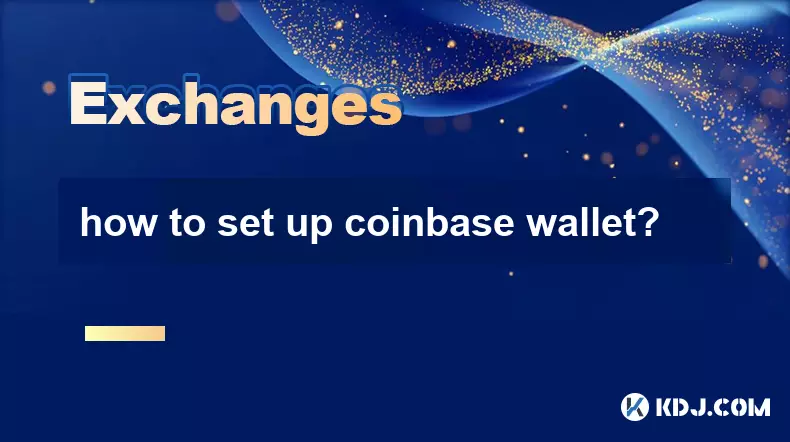
how to set up coinbase wallet?
Oct 17,2025 at 10:54am
Creating Your Coinbase Wallet Account1. Navigate to the official Coinbase Wallet website or download the mobile application from the App Store or Goog...

what are coinbase supported countries?
Oct 18,2025 at 12:01pm
Countries Where Coinbase Operates1. United States – Coinbase is headquartered in San Francisco, California, and provides full trading, staking, and cu...

what happens if my coinbase account is hacked?
Oct 19,2025 at 06:19am
Immediate Steps to Take After a Coinbase Account Breach1. Immediately log into your Coinbase account from a secure device and change your password. Us...

can i send from coinbase to kraken?
Oct 18,2025 at 03:37am
Transferring Funds from Coinbase to Kraken Sending cryptocurrency from Coinbase to Kraken is a common practice among traders seeking better liquidity,...

what to do if you forgot coinbase password?
Oct 18,2025 at 12:01am
Recovering Access to Your Coinbase Account1. Visit the official Coinbase login page and click on the “Forgot password?” link located beneath the passw...

how to add a payment method to coinbase?
Oct 19,2025 at 01:19am
How to Add a Payment Method to CoinbaseAdding a payment method to your Coinbase account is essential for buying cryptocurrencies, withdrawing funds, o...

how to set up coinbase wallet?
Oct 17,2025 at 10:54am
Creating Your Coinbase Wallet Account1. Navigate to the official Coinbase Wallet website or download the mobile application from the App Store or Goog...
See all articles





















![[4K 60fps] Astral by oc3andark (1 Coin) [4K 60fps] Astral by oc3andark (1 Coin)](/uploads/2025/10/19/cryptocurrencies-news/videos/k-fps-astral-ocandark-coin/68f438453fa33_image_500_375.webp)


